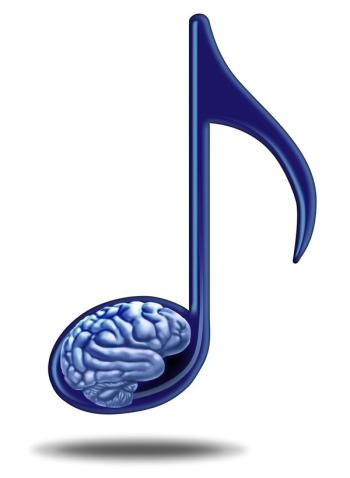
A virtuoso concert pianist and psychiatrist's "play" on the role of music in healing and the influence of psychological and medical factors on the creative output of the great composers in music history.

A virtuoso concert pianist and psychiatrist's "play" on the role of music in healing and the influence of psychological and medical factors on the creative output of the great composers in music history.

A patient with refractory MDD continued to suffer and feel as though her life was turned upside down, despite treatment. Learn the outcome of the case.

Policy initiatives can improve both physical and mental health care quality and outcomes for those with serious mental illnesses.

Dr Leslie Zun discusses factors associated with accessing services for patients undergoing psychiatric challenges during the pandemic.
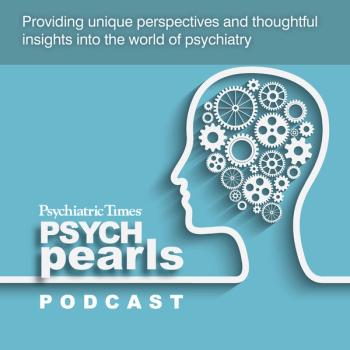
In this podcast, Dr Andrew Brown, a member of the Group for the Advancement of Psychiatry, Work and Organizations Committee and lead psychiatrist for the Boston Police Department, provides his views on how psychiatrists can help support patients who have anxiety associated with the categorization as “essential.”

In his 1918 essay, “Mourning and Melancholia,” Sigmund Freud examined the difference between mourning and melancholia, what we would now call major depression or depressive disorder.
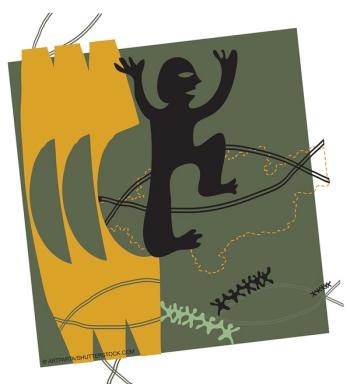
The mortality rate is unacceptably high in patient with serious mental illnesses. Several psychosocial interventions have been developed that may benefit these patients.

Jeffrey A. Lieberman, MD, and Mark Olfson, MD, speak from the epicenter of the COVID-19 disaster, New York City.

Shifting the internal narrative can enhance resilience.

This has been an extremely challenging quarantine season for me, not so much because of the restrictions posed by the mandate to stay home, as I am still going to the hospital daily for patient rounds; my biggest struggle has been watching the toxic effects of the COVID-19 pandemic on many in my immediate social circle.

Gregory W. Dalack, MD, Chair of the Department of Psychiatry at University of Michigan School of Medicine, discusses the challenges of leading an academic department in the midst of a pandemic.

The doctors, nurses, aids, food staff, and janitors are among the frontline heroes of the COVID-19 pandemic. They know its ravages best and are most at risk. We mustn't let them down.
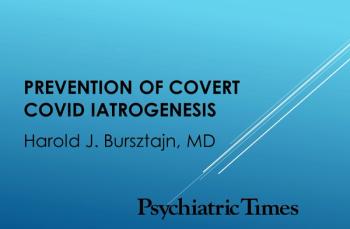
In a time of panic, despair, and demoralization, art continues to inspire the author's reflections as it has over the last 40 years. Here, he shares some images that he finds inspirational and helpful. Even in winter there is hope.

Dr John Greden discusses many issues around college mental health and the upheaval the COVID-19 pandemic is causing in this population.

Richard Berlin, MD, recites "COVID-19," by Dr Chris Fitzpatrick. It is a series of haikus strung together to highlight the many moments in hospitals that are happening everywhere in the world. This. Very. Moment.

The public is gripped by fear of COVID-19 and by worry over whether the health system will be able to treat them or their loved ones should they become ill. Consequently, clinical and public health efforts have focused on acute medical care needs of those who are severely affected, while containing the virus’s spread in the population.

Ronald Pies, MD, offers advice on talking to patients about spirituality during the COVID-19 pandemic.

While anxiety, depression, loneliness, substance abuse. and domestic violence are inevitable consequences of physical isolation and reduced socialization from coronavirus, emotional strain is not limited to COVID-19.

It’s not supposed to happen this way, but when dread pours over and out in this new dark night of the soul, I’m just thankful for anything that makes it stop.

Tips for advocating for yourself and the safety of your patients.

New hope for depression on the horizon and other updates.
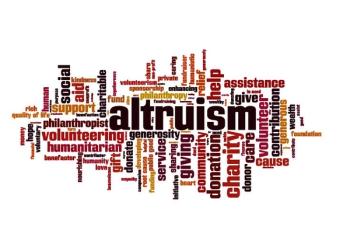
Dr Jud Brewer discusses the benevolent effects of altruism during the coronavirus pandemic in this brief podcast.
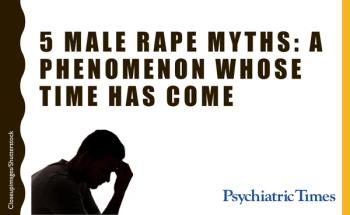
Here are 5 rape myths perpetuated in our culture, in law enforcement and the military, and in medicine and mental health.

Samuel T. Wilkinson, MD, discusses the risks and benefits, as well as the challenges of clinical implementation of esketamine, for treatment-resistant depression.

Mounting evidence shows the endogenous opioid system is a potential therapeutic target for mood disorders, yet questions remain.